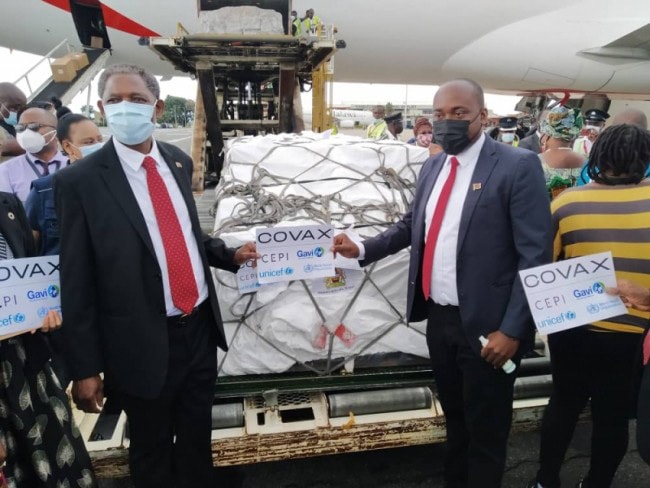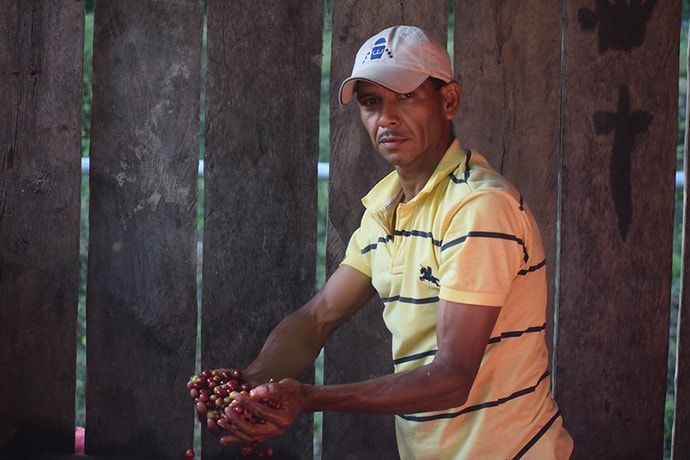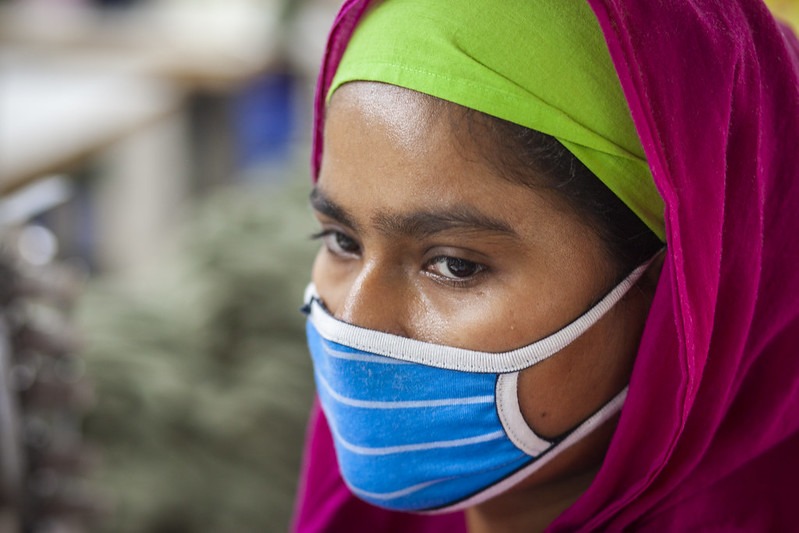Blog
Posted on March 9, 2021
By Emily Bancroft, President, VillageReach
I never thought I’d be so excited by pictures of boxes being unloaded from airplanes. When I saw the photos come streaming across social media this week, I breathed a deep sigh of relief. The pallets being wheeled onto the tarmac meant that COVID-19 vaccines had arrived in Mozambique, the Democratic Republic of the Congo (DRC), Côte d’Ivoire, Malawi and many other African countries. As government officials and partners began to unpack the containers, we all knew the hard work was just beginning.

Malawi officials receive COVAX delivery at Kamuza International Airport. | Photo Credit: Hope Ngwira
Over the last year, as the scientific community quickly mobilized to develop, test and produce multiple effective vaccines, the focus for VillageReach has been protecting health workers and communities against the virus. As an organization dedicated to the delivery of vaccines, medicines, supplies and information, COVID-19 vaccine delivery has been constantly on our minds. We participated in the Country Readiness and Delivery working group of the vaccine pillar of the Access to COVID Tools Accelerator (ACT-A) to help link global-level plans with country efforts.
Continue Reading
Posted on February 8, 2021
By Alberto Solano, Guillermo Jiménez, and Sierra Golden

Hipólito ‘Polo’ Chavarria of San José, Nicaragua, shows off coffee beans he grew using more environmentally friendly farming practices. Photo courtesy of Agros International
Travel writer and documentarian Rick Steves calls climate change, conflict, and corruption “the three Cs of extreme poverty.” Agros has long tackled conflict and corruption as causes of poverty by giving marginalized families in rural Latin America the opportunity to own land and transform themselves from day laborers into successful agribusiness owners. In 2020 we added a climate smart agriculture program to our work as a top new initiative.
Continue Reading
Posted on November 30, 2020
By Irit Tamir, Director of Oxfam America’s Private Sector Department

An apparel worker in Dhaka wears a face covering and maintains social distance from other workers as garment factories reopened amid the Covid-19 pandemic. Photo: UN Women/Fahad Abdullah Kaizer via Flickr (CC BY-NC-ND 2.0)
COVID-19 has laid bare the deep inequalities our economic model has fostered and thus is a major threat in achieving the UN Sustainable Development Goals, particularly SDG 10 (reducing inequalities). Business has a role to play in achieving SDG 10—but a recent Oxfam report highlights how big corporations are exacerbating rather than reducing inequality.
While the global pandemic saw devastating jobs losses of 400 million, nearly have a billion people are expected to be further pushed into poverty. But not everyone is losing out – billionaires have seen their incomes rise as shares in big corporations saw their profits jump. Power, Profits and the Pandemic: From corporate extraction for the few to an economy that works for all found five ways in which corporations are exacerbating inequality.
Continue reading this article on our Goalmakers Blog.


